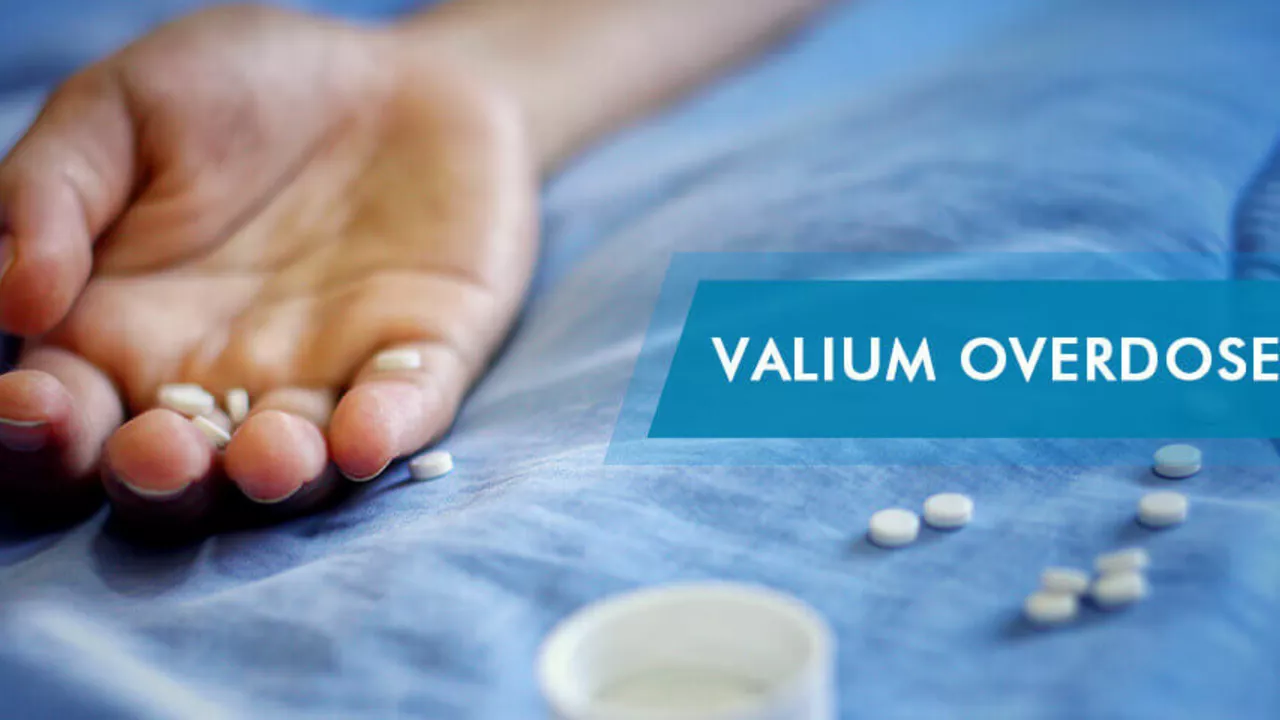Drug Overdose – What Happens, How to React & How to Prevent It
If you ever wonder what a drug overdose looks like or why it’s such an emergency, you’re not alone. An overdose means the body got more of a substance than it can handle, and that can shut down vital functions in minutes. The good news is that knowing the signs and acting quickly can save a life.
Common Signs of an Overdose
Overdoses don’t always look dramatic. Some people just become very sleepy or confused; others might start shaking, vomit, or have trouble breathing. Look out for these red flags:
- Extreme drowsiness or inability to stay awake
- Slurred speech or garbled words
- Rapid or shallow breathing, or even stopping breathing
- Chest pain, irregular heartbeat, or fainting
- Pale, clammy skin or a blue tinge around lips and nails
If you see any of these, treat it as an emergency. Don’t wait to find out if the person feels better on their own.
Immediate Actions You Can Take
The first thing to do is call your local emergency number – 911 in the U.S., 999 in the UK, or the equivalent in your country. Give them a clear description: what drug you think was taken, how much, and when.
While waiting for help:
- Lay the person on their side to keep airways open (the recovery position).
- If they’re not breathing, start CPR if you know how. Even simple chest compressions can buy time.
- Don’t give them food, water, or any other drugs unless a professional tells you to.
- If you have naloxone (an opioid‑reversal kit) and suspect an opioid overdose, follow the instructions on the box – it’s safe to use even if you’re not sure.
Stay calm. Your clear voice can keep the person from panicking and help the paramedics when they arrive.
After the crisis passes, it’s worth talking with a healthcare provider about why the overdose happened. Was it an accidental mix of prescriptions? A higher dose than recommended? Understanding the cause helps you avoid repeat incidents.
How to Prevent Future Overdoses
Prevention starts with knowledge:
- Read every prescription label – dosage, timing, and warnings are there for a reason.
- If you take multiple meds, write down each dose in a pill organizer. Mixing drugs unintentionally is a common mistake.
- Never share medication. What works for one person can be deadly for another.
- Set reminders on your phone so you don’t double‑dose if you forget whether you’ve taken a pill.
- If you’re struggling with substance use, reach out to a local support group or a telehealth service. Help is available and confidential.
Keeping a list of emergency contacts (family, doctor, poison control) in an easy‑to‑find spot can make all the difference if something goes wrong.
Remember, spotting an overdose early, calling for help right away, and knowing basic first aid are your best tools. With these steps, you’re not just reacting – you’re actively protecting yourself and those around you from a potentially fatal situation.

